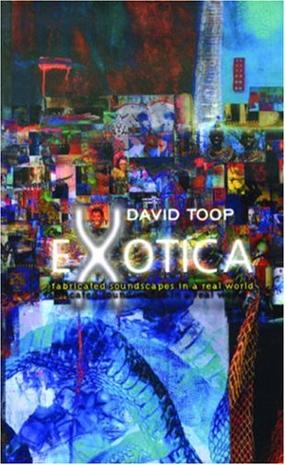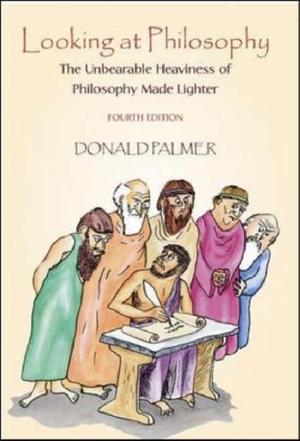David Toop is arguably the most intelligent music critic writing today, his range of interests prospecting across an avant garde canvas coloured by the 20th century's foremost writers, thinkers and musicians.
Although Toop's subject is predominantly that of fabricated soundscapes in a real world, a music which has come to be categorised as exotica, his roots are literary and ex...
David Toop is arguably the most intelligent music critic writing today, his range of interests prospecting across an avant garde canvas coloured by the 20th century's foremost writers, thinkers and musicians.
Although Toop's subject is predominantly that of fabricated soundscapes in a real world, a music which has come to be categorised as exotica, his roots are literary and extend to novelistic cosmographers like Herman Melville, Joseph Conrad and William Burroughs. Toop is erudite, but refreshingly unacademic in the way his texts are interspersed with autobiography, anecdote, interviews and fiction. Bringing imaginative criticism to bear on a range of subjects from the beginnings of ethnic music to Josephine Baker and Yma Sumac, Les Baxter and Martin Denny, Toop succeeds in aligning the concept of the exotic with world music. In a century in which we have grown to be increasingly interiorised, television often providing our point of contact with the external world, so music has come to assume the role of transporting geography into our rooms. In this respect Les Baxter's floridly contrived soundscapes prove central to Toop's thesis, for Baxter was throughout the 1950's to offer his listeners package tours in sound. According to Toop Baxter's music provided 'running excursions for sedentary tourists who wanted to stroll around some taboo urges before lunch, view a pagan ceremony through gaps in the bamboo, go wild in the sun or conjure a demon, all without leaving home stereo comforts in the whitebread suburbs.' Baxter's albums carried titles such as Caribbean moonlight, Jewels of the Sea, Ritual of the Savage and Ports of Pleasure, and by hinting at sexual licentiousness in exotic landscapes, the music was to prove irresistible to a 1950's record buying public.
Toop is particularly good on inventive vocalists like Josephine Baker and Yma Sumac. When Baker arrived in Paris in 1925 as a dancer with La Revue Négre, she caused a sensation by exposing her breasts when she danced. Aspiring to chanson, she injected the medium with her atavistic African roots, so as to create an exotic vocal genre.
Yma Sumac noted for her collaboration with Les Baxter on Voice of the Xtabay, was an extraordinarily volatile singer of South American ancestry noted for her multi-octave range and freakishly histrionic tone. Sumac shared with Baxter and Denny the ability to transpose a spuriously sourced primitivism to the contrived medium of the Western recording studio.
David Toop is a marvellous guide to the curious, the bizarre, the culted and the durable in 20th century music. His book includes interviews with the eclectic likes of Burt Bacharach, Ornette Coleman, Bill Laswell, Maroumi Hosno and Nusrat Fateh Ali Khan, the renowned Pakistani popular singer.
More than just a vibrantly maverick musician and musicologist David Toop writes with the exciting inventiveness of a fine prose stylist. This is a book to be ingested slowly and with careful attention paid to the originality of the author's metaphors. Exotica is a rich text in the best sense of contemporary writing.
 Exoticatxt,chm,pdf,epub,mobi下载
Exoticatxt,chm,pdf,epub,mobi下载 首页
首页



大爱,好好看
世界变得更立体。
一方面满足了自己的好奇心
近乎平淡的笔触